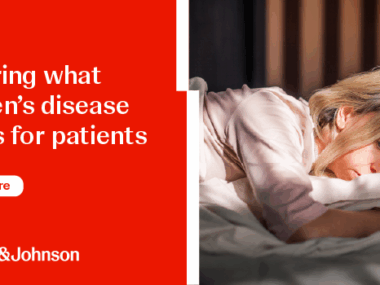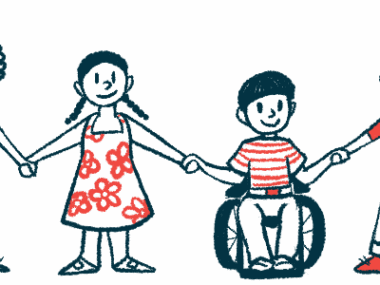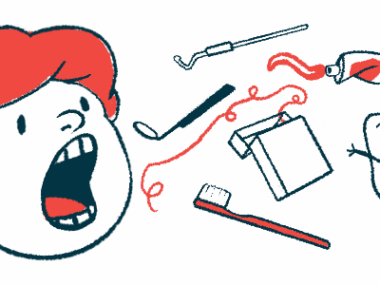RSLV-132 Lowers Fatigue in Primary Sjögren’s Patients in Phase 2 Trial
Written by |

RSLV-132, an investigational treatment for autoimmune conditions, led to significant and clinically meaningful reductions in patient-reported fatigue in people with primary Sjögren’s syndrome, results from a Phase 2 clinical trial show.
Trial results were published in the study, “Improvement of Severe Fatigue Following Nuclease Therapy in Patients With Primary Sjögren’s Syndrome: A Randomized Clinical Trial,” in the journal Arthritis & Rheumatology.
Sjögren’s syndrome is an autoimmune disease, primarily affecting women, characterized by chronic inflammation that results in damage to secretion-producing glands and severe fatigue.
This inflammation is caused by the presence of self-targeting antibodies (autoantibodies) that bind to circulating RNA molecules and trigger a robust activation of the immune system, mimicking a response to viral infection. This inflammation is mediated by activation of the protein interferon (IFN) and associated genes.
RSLV-132, developed by Resolve Therapeutics, is designed to eliminate the inflammatory RNA molecules that accumulate in the blood of people with autoimmune diseases such as Sjögren’s and lupus.
It is composed of an enzyme that degrades these RNA molecules — called RNase — fused to an engineered antibody region that prevents the enzyme from entering cells. This is key, because RNA molecules inside cells are essential for the normal functioning of many cellular activities.
The Phase 2 trial (NCT03247686) was designed to investigate the safety and efficacy of RSLV-132 in about 28 patients with primary Sjögren’s syndrome.
Participants were randomly assigned to receive either 10 mg/kg of RSLV‐132 or a placebo administered intravenously (into the vein) weekly for the first two weeks of treatment and every two weeks for the next 12 weeks. For each patient given a placebo, three would receive RSLV‐132.
The study’s primary goal was to analyze changes in the expression of genes induced by IFN through day 99. Investigators also assessed disease activity using the European League Against Rheumatism (EULAR) Sjögren’s Syndrome Disease Activity Index (ESSDAI) and patient symptoms using the EULAR Sjögren’s Syndrome Patient Reported Index (ESSPRI) as well as three other independent symptom measures.
A total of 20 patients received the medication and eight received the placebo. Participants were all female, and mostly white and non-latino.
At the start of the study, participants had mild to moderate disease activity and high symptom burden, with the placebo group having slightly higher scores for both measures. Levels of IFN-induced genes were comparable between groups.
Results showed that patients treated with RSLV-132 had an increase in the expression of specific IFN-induced genes compared with placebo-treated patients. This increase was particularly evident among the 13 RSLV-132 patients who attained clinically important responses in at least two measures.
Interestingly, the mean disease activity in the RSLV-132 group remained constant throughout the study, while the placebo group disease activity largely decreased. The researchers attribute this decrease to two outlier placebo patients whose peripheral nervous system and gland symptoms resolved shortly after entering the trial.
However, RSLV‐132 lowered fatigue scores across four patient-reported outcome measures, whereas the placebo group showed no changes in fatigue nor in any other symptoms. Moreover, a higher percentage of patients treated with RSLV-132 achieved minimal clinically important improvement than in placebo.
“The present study presents the first compelling evidence from an interventional randomized clinical trial to show that the profound fatigue experienced by patients with primary SS [Sjögren’s syndrome] can be improved by pharmacologic intervention with nuclease therapy such as RSLV-132,” the research team wrote.
“Up to 75% of pSS patients report profound fatigue as the most debilitating aspect of pSS, so we are pleased that RSLV-132 was able to significantly improve fatigue in this study,” James Posada, PhD, CEO of Resolve Therapeutics, said in a press release.
“These results represent a potential step forward in the treatment of Sjögren’s syndrome, Resolve will confirm the finding in a large Phase 3 study starting in early 2021,” he added.





